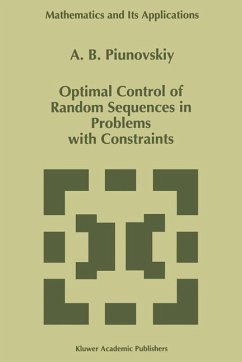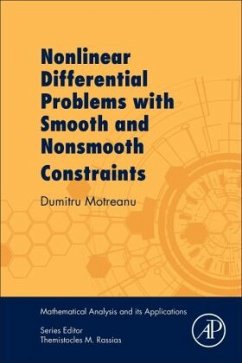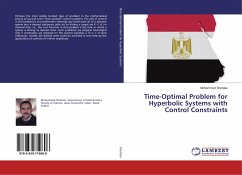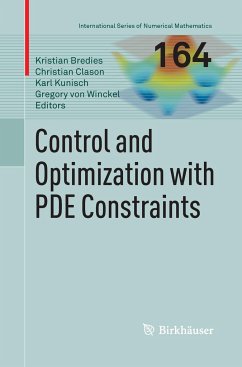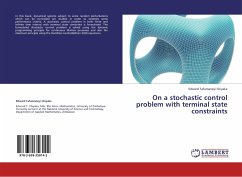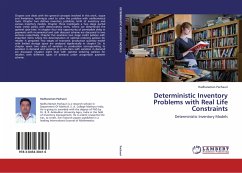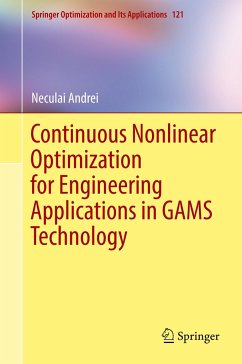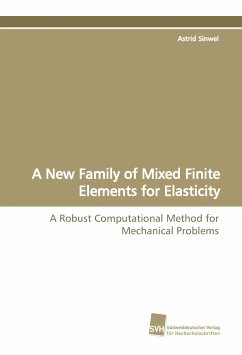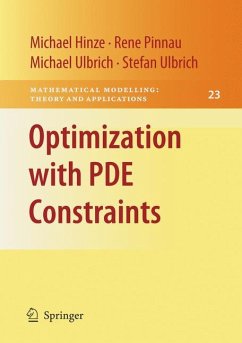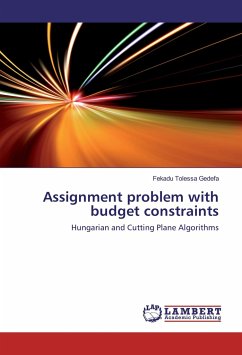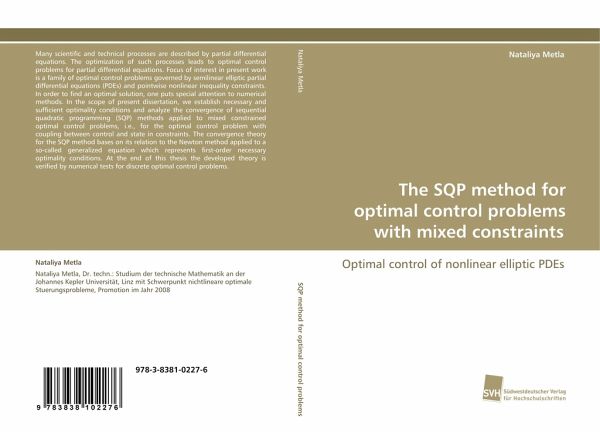
The SQP method for optimal control problems with mixed constraints
Optimal control of nonlinear elliptic PDEs
Versandkostenfrei!
Versandfertig in 6-10 Tagen
69,90 €
inkl. MwSt.

PAYBACK Punkte
0 °P sammeln!
Many scientific and technical processes are described by partial differential equations. The optimization of such processes leads to optimal control problems for partial differential equations. Focus of interest in present work is a family of optimal control problems governed by semilinear elliptic partial differential equations (PDEs) and pointwise nonlinear inequality constraints. In order to find an optimal solution, one puts special attention to numerical methods. In the scope of present dissertation, we establish necessary and sufficient optimality conditions and analyze the convergence o...
Many scientific and technical processes are described by partial differential equations. The optimization of such processes leads to optimal control problems for partial differential equations. Focus of interest in present work is a family of optimal control problems governed by semilinear elliptic partial differential equations (PDEs) and pointwise nonlinear inequality constraints. In order to find an optimal solution, one puts special attention to numerical methods. In the scope of present dissertation, we establish necessary and sufficient optimality conditions and analyze the convergence of sequential quadratic programming (SQP) methods applied to mixed constrained optimal control problems, i.e., for the optimal control problem with coupling between control and state in constraints. The convergence theory for the SQP method bases on its relation to the Newton method applied to a so-called generalized equation which represents first-order necessary optimality conditions. At the end of this thesis the developed theory is verified by numerical tests for discrete optimal control problems.



